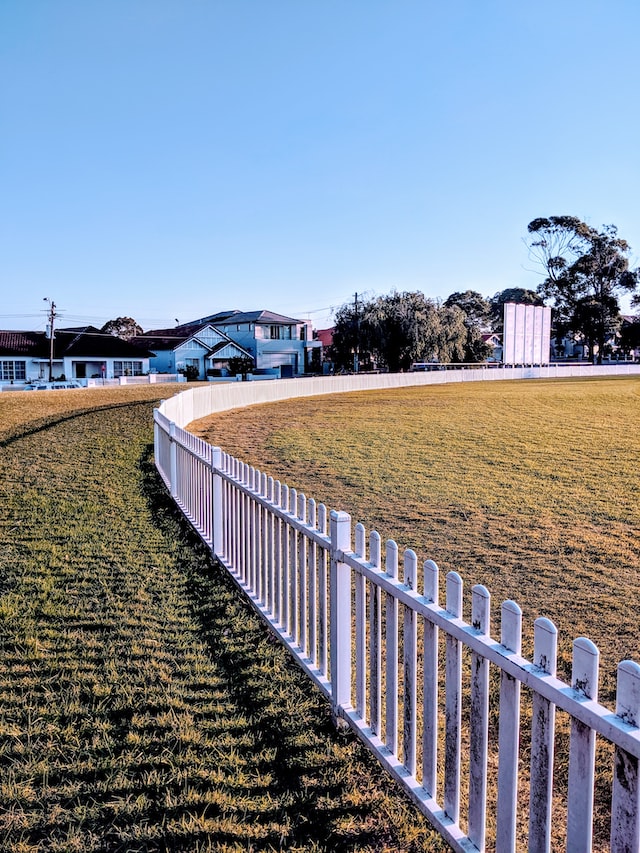What's the Difference Between 'Enclosed' and 'Inclosed'?
In this blog post we look at when to use enclosed and when to use inclosed.
'Enclosed' or 'Inclosed'?
"Enclosed" and "inclosed" are both past participles of the verb "enclose," which means to surround or enclose something within a boundary or barrier.
However, "enclosed" is the more commonly used form of the word, while "inclosed" is a less common variant.
Both "enclosed" and "inclosed" can be used as adjectives to describe something that is surrounded or enclosed.
For example, you might say that a garden is enclosed by a fence, or that a letter was inclosed in an envelope.
In general, it is more advisable to use the word "enclosed" rather than "inclosed" in order to ensure that your meaning is clear and understood by your audience.
"Enclosed" is the standard form of the word and is more widely recognized and accepted in modern English.
"Inclosed" is a less common variant that is not used as frequently, and it may not be understood by all readers or listeners.
Here are some examples to illustrate the difference between "enclosed" and "inclosed":
-
The letter was enclosed in an envelope before it was mailed. (This is the correct and more common usage of the word "enclosed.")
-
The letter was inclosed in an envelope before it was mailed. (This is the less common variant of the word "enclosed," and it may not be understood by all readers or listeners.)
-
The garden was enclosed by a fence to keep out animals. (This is the correct and more common usage of the word "enclosed.")
-
The garden was inclosed by a fence to keep out animals. (This is the less common variant of the word "enclosed," and it may not be understood by all readers or listeners.)
Examples of Enclosed in a Sentence
The package included a letter and a small gift, both of which were enclosed in a padded envelope. The garden was enclosed by a white picket fence, giving it a charming, old-fashioned appearance. The letter was enclosed in a plain, white envelope and addressed to my aunt. The documents were enclosed in a folder and labeled with my name. The note was enclosed in a small, decorative envelope that had been sealed with a sticker. The room was enclosed by walls and a ceiling, providing a sense of privacy and security. The package included a note from my friend, which was enclosed in a handwritten envelope. The invitation was enclosed in a fancy, gold-edged envelope that had been addressed to me in calligraphy. The photos were enclosed in a protective sleeve to keep them from getting damaged. The enclosure was surrounded by a fence to keep the animals in and the visitors out.
Examples of Inclosed in a Sentence
The letter was inclosed in a plain, white envelope and addressed to my aunt. The documents were inclosed in a folder and labeled with my name. The note was inclosed in a small, decorative envelope that had been sealed with a sticker. The room was inclosed by walls and a ceiling, providing a sense of privacy and security. The package included a note from my friend, which was inclosed in a handwritten envelope. The invitation was inclosed in a fancy, gold-edged envelope that had been addressed to me in calligraphy. The photos were inclosed in a protective sleeve to keep them from getting damaged. The enclosure was surrounded by a fence to keep the animals in and the visitors out. The garden was inclosed by a white picket fence, giving it a charming, old-fashioned appearance. The package included a letter and a small gift, both of which were inclosed in a padded envelope.

